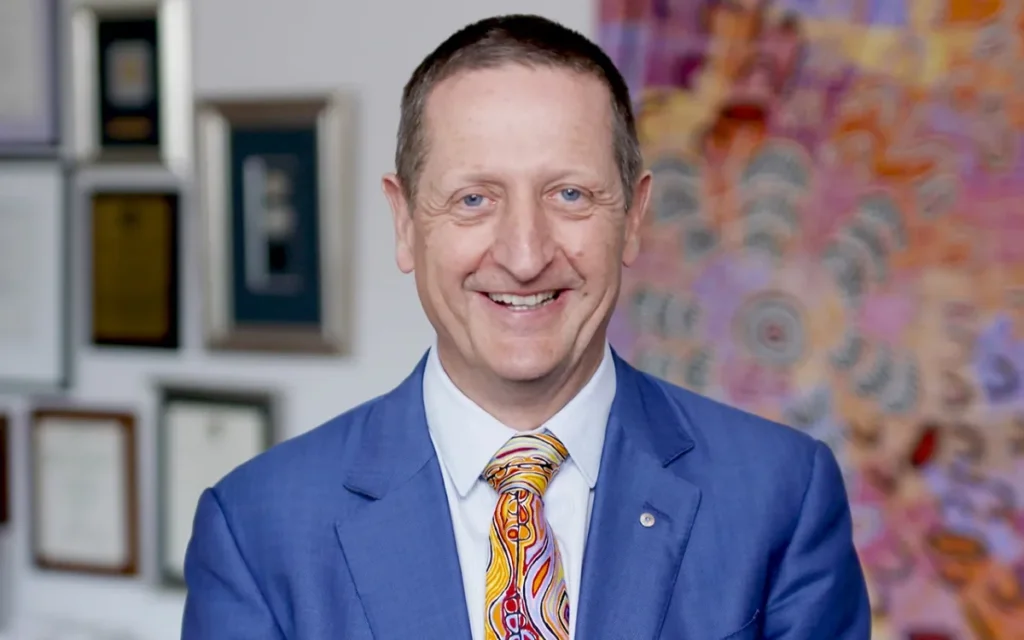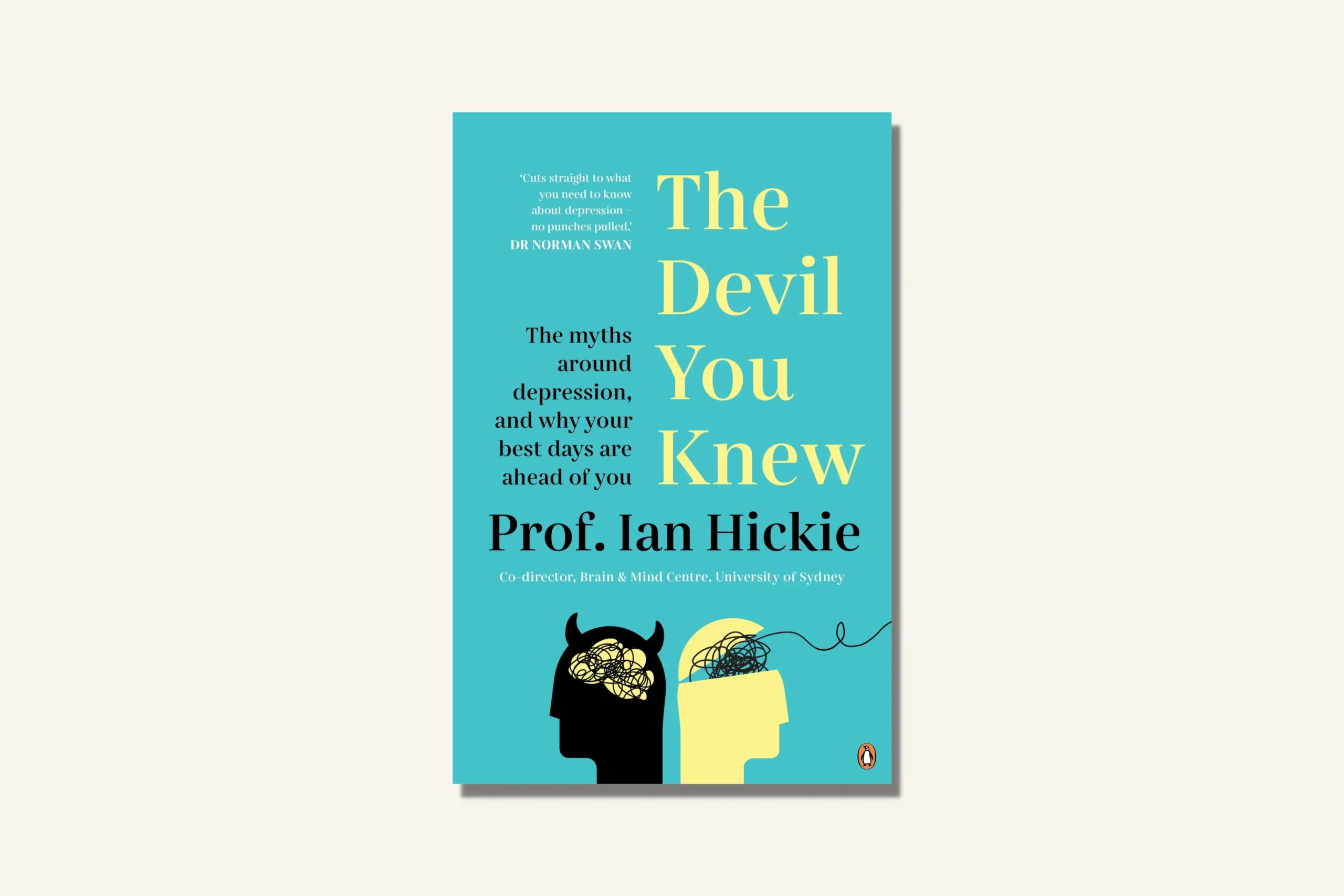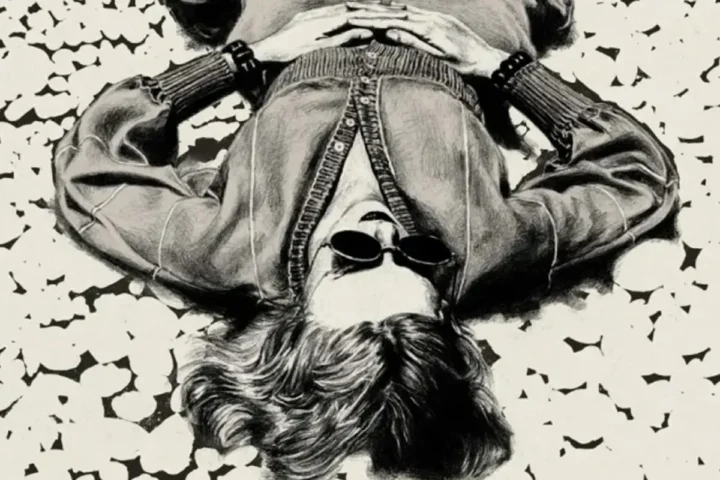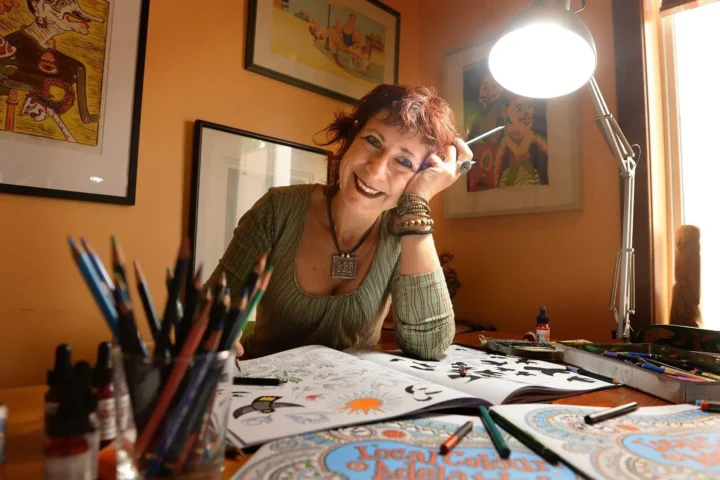WORDS: Ian Hickie, Co-Director of Health and Policy at The University of Sydney’s Brain and Mind Centre
One of the great things about living in Australia is that the vast majority of people I speak to are incredibly interested in mental health, and particularly the experience of depression. The public is almost universally sympathetic to the devastating impacts on those who live with the illness, along with the consequences for their families and carers.
But, one of the most frustrating aspects of spending a great deal of my professional life talking about depression in the wider public domain is the continuing need to confront commonly believed ‘facts’.
One of my main motivations for writing this book was to confront destructive myths about depression – with specific emphasis on debunking just-plain-wrong ideas about ‘known’ causes, ‘useless’ treatments, ‘resilience’, ‘self-help’ and ‘universal’ prevention.
Every day, I hear various versions of these myths, often presented by well-meaning media, relatives of those affected and even some health professionals. The hurt and confusion caused to those who live with the condition is considerable.

3 myths about clinical depression
- Clinical depression results from acute traumatic events.
While acute traumatic events often result in great distress, grief, sleep disturbance, fear or tears, they have little to do with the onset of clinical depression. Clinical depression didn’t start yesterday when you lost your job or your partner walked out. Chronic unresolved stressors, like prolonged unemployment, abusive intimate relationships or poor physical health are important risk factors. In reality, many episodes of clinical depression occur without any clear life event or chronic stressor.
Given the unrelenting public belief that traumatic life events cause depression, and the insatiable human drive to wrap our feelings and experiences within our own personal narrative, someone – and, typically some poorly informed relative, friend or health professional – will come up with a story that ‘explains’ all we need to know about the onset and course of your illness.
- If we all exercise more, lose weight, eat special diets, stop alcohol, think rationally and get a good job or education, then we will prevent clinical depression.
Ah, if only depression prevention were so simple! And, of course, those people who are clinically depressed must have failed to do one or more of these essential depression prevention strategies. After all, someone must be to blame. The historical record of blaming those who are sick for their own demise is long and rich.
When people who have engaged in a lot of self-improvement strategies do find themselves lost in the depths of depression, they can be particularly hard to assist. The ‘why me?’ syndrome kicks in hard.
The harsh reality of the onset of many life-threatening illnesses is that despite our best efforts at reducing risk, there are many other processes at work. A really interesting paradox is that as we improve the environment to reduce risk factors, including mental disorders, those with high inherited risks will be more evident among those coming into care
- Older people get depressed inevitably as they age.
Leonard Cohen – there he was, aged in his mid 70s, touring the world with perhaps his most successful artistic collaboration ever, full of life, energy, creativity and empathy, and attracting both public and critical acclaim. This was all despite many darker periods of ‘melancholy’ earlier in his life.
‘It’s been a long time since I stood on this stage in London,’ he recalled. ‘It was about 14 or 15 years ago. I was 60 years old, just a kid with a crazy dream. Since then I’ve taken a lot of Prozac, Paxil, Wellbutrin, Efexor, (antidepressants) Ritalin, Focalin (stimulants). I’ve also studied deeply in the philosophies and the religions, but cheerfulness kept breaking through!’
In fact, physically healthy older people are much more content than younger people and have falling rates of clinical depression – probably as a result of improved brain health, social participation, longer work lives and improved general health care. As you get older, your mental health improves and you react less dramatically to life’s difficulties – as long as you are able to do those things physically and socially that keep you well.
Physically healthy older people are much more content than younger people and have falling rates of clinical depression – probably as a result of improved brain health, social participation, longer work lives and improved general health care.
When clinical depression does occur in older people, it is often a signal that something has changed in their physical health (e.g. small brain strokes, Parkinson’s disease, thyroid disease, musculoskeletal changes and pain). When it does occur, it is commonly associated with memory, attention and other cognitive difficulties. Sadly, it is often mistakenly attributed to ageing or dementia.
Importantly, clinical depression in older people is highly treatable, but it requires additional care and effort due to the increased rates of complications (confusion, loss of balance, falls, gut changes) from medicines and other physical treatments.
In my view, if we all dispensed with these very unhelpful myths and simply shared the known facts, we could make the journey to recovery a whole lot easier for those most affected.
As you get older, your mental health improves and you react less dramatically to life’s difficulties – as long as you are able to do those things physically and socially that keep you well.
Informed by internationally renowned psychiatrist Ian Hickie’s 35 years of clinical experience and extensive case studies, The Devil You Knew explores the inner workings of the depressed mind and the myriad influences – environmental, physiological, social – to guide us towards the right diagnosis and offer pathways to healing.
The Devil You Knew is published by Penguin, RRP $34.99









